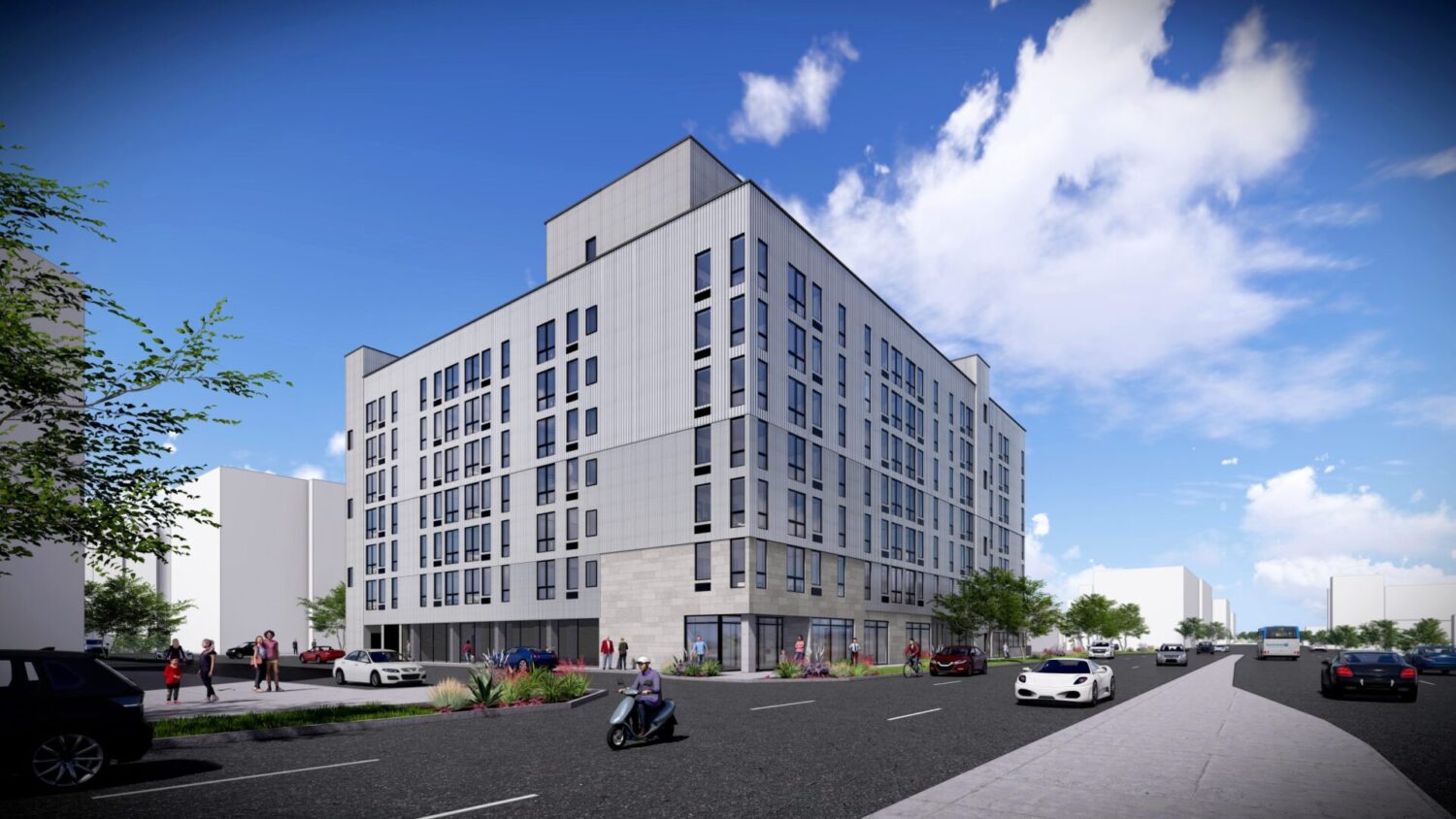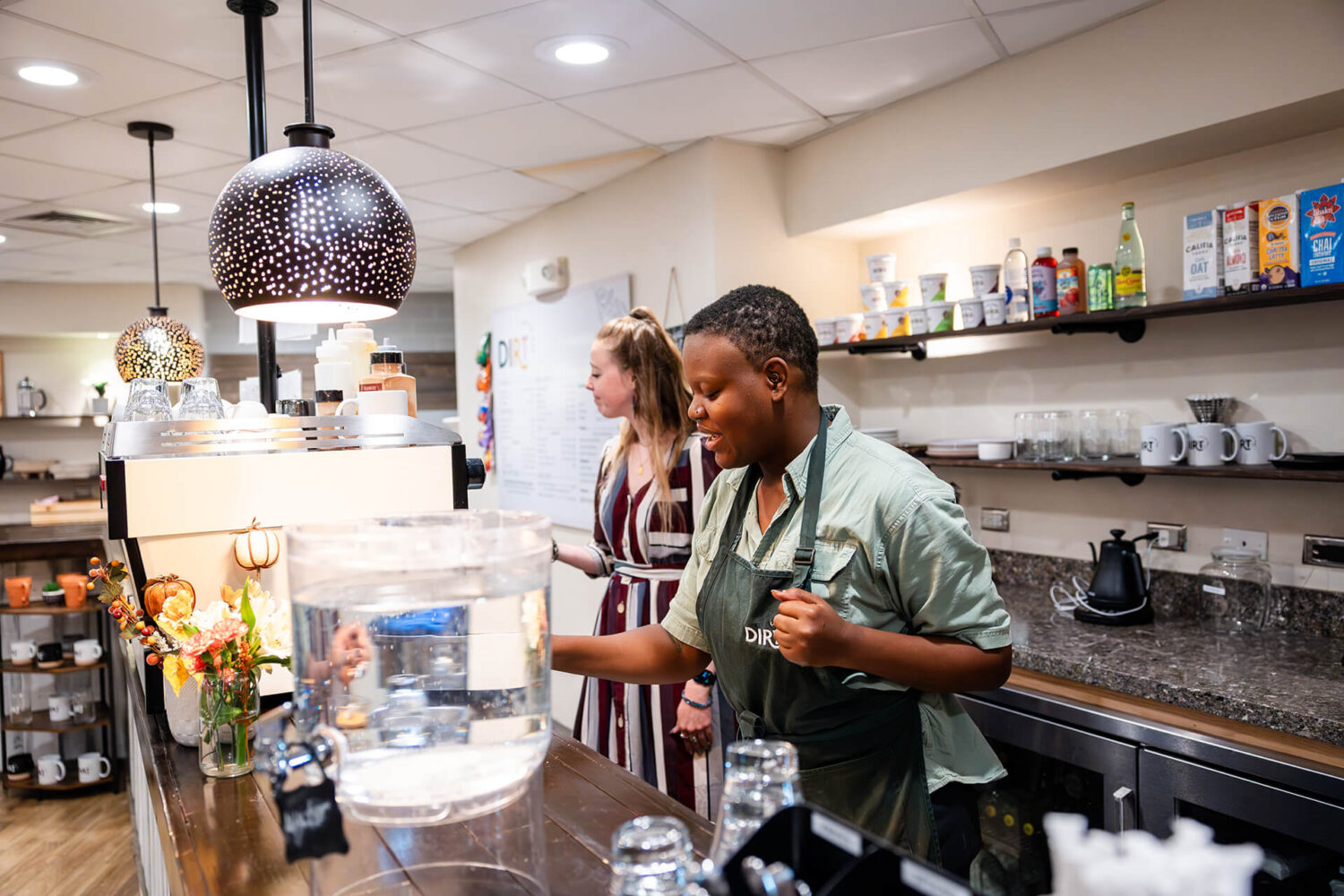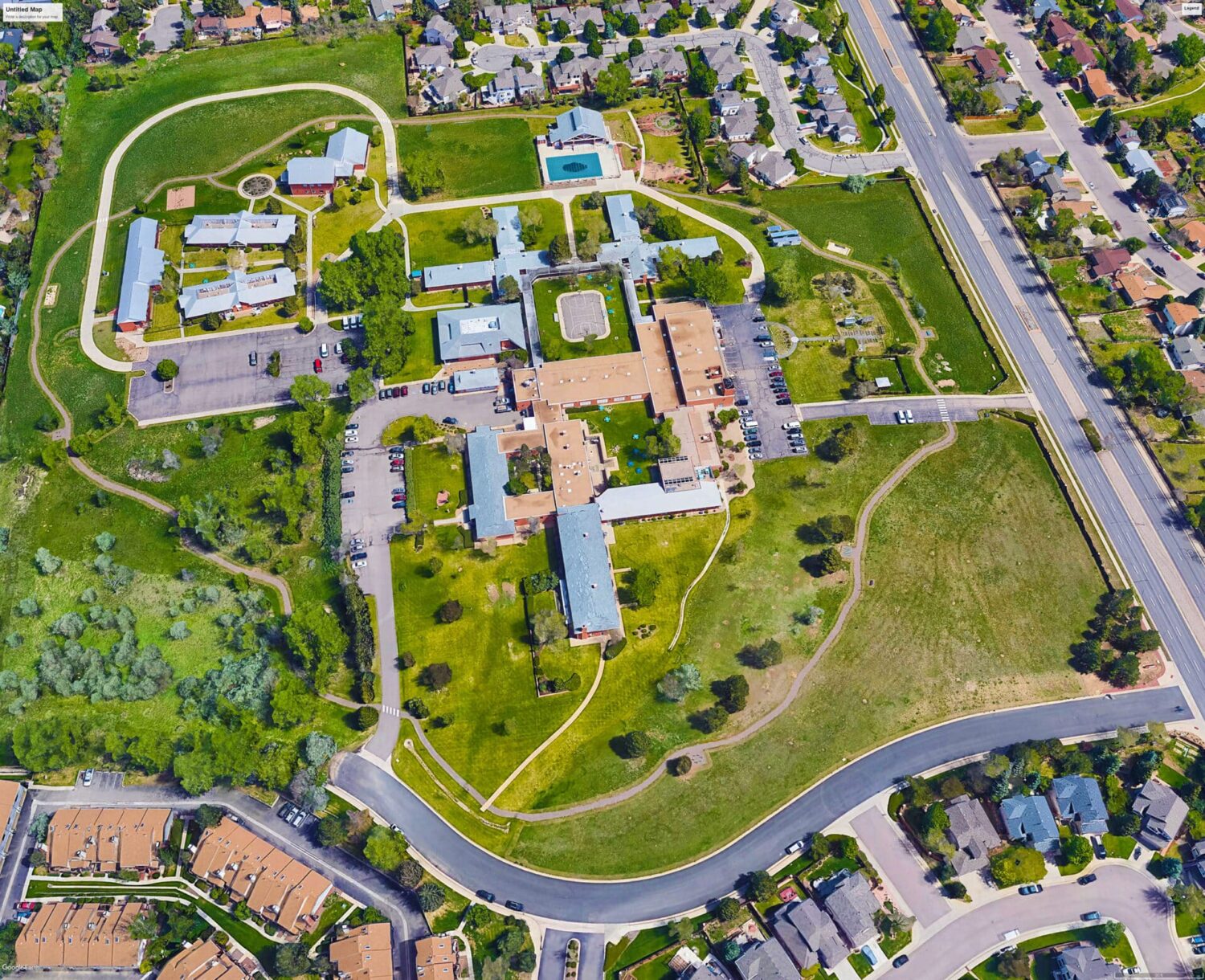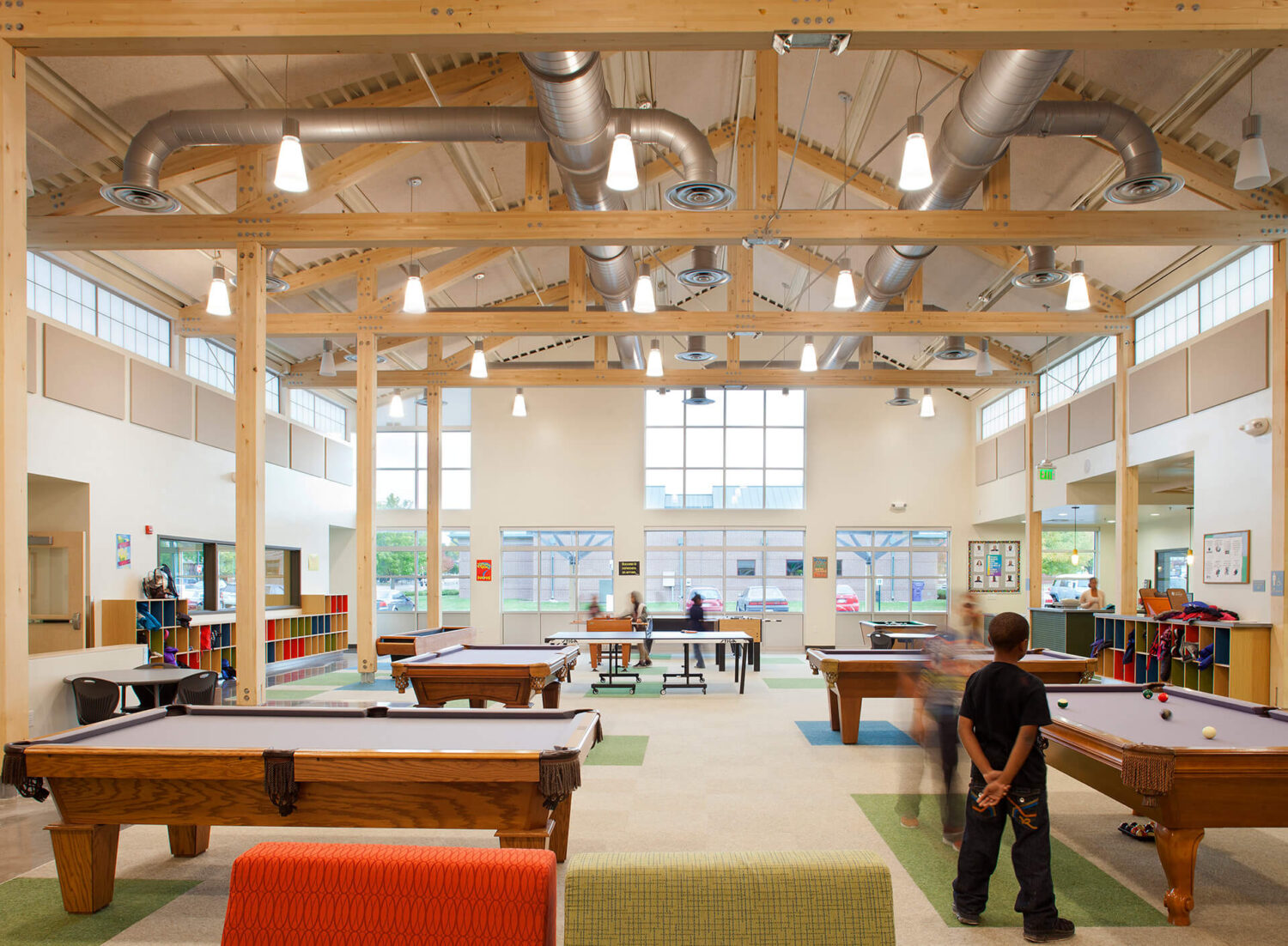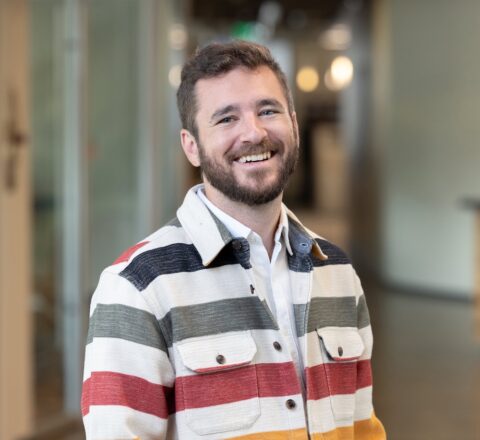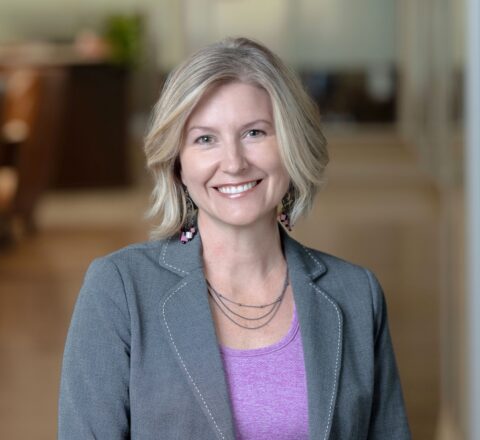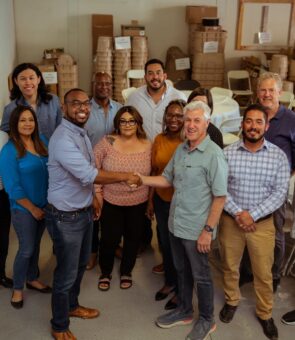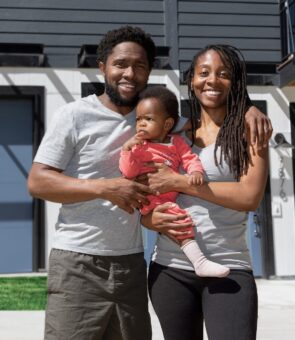Addressing Colorado’s Housing Crisis with Business & Philanthropic Tools
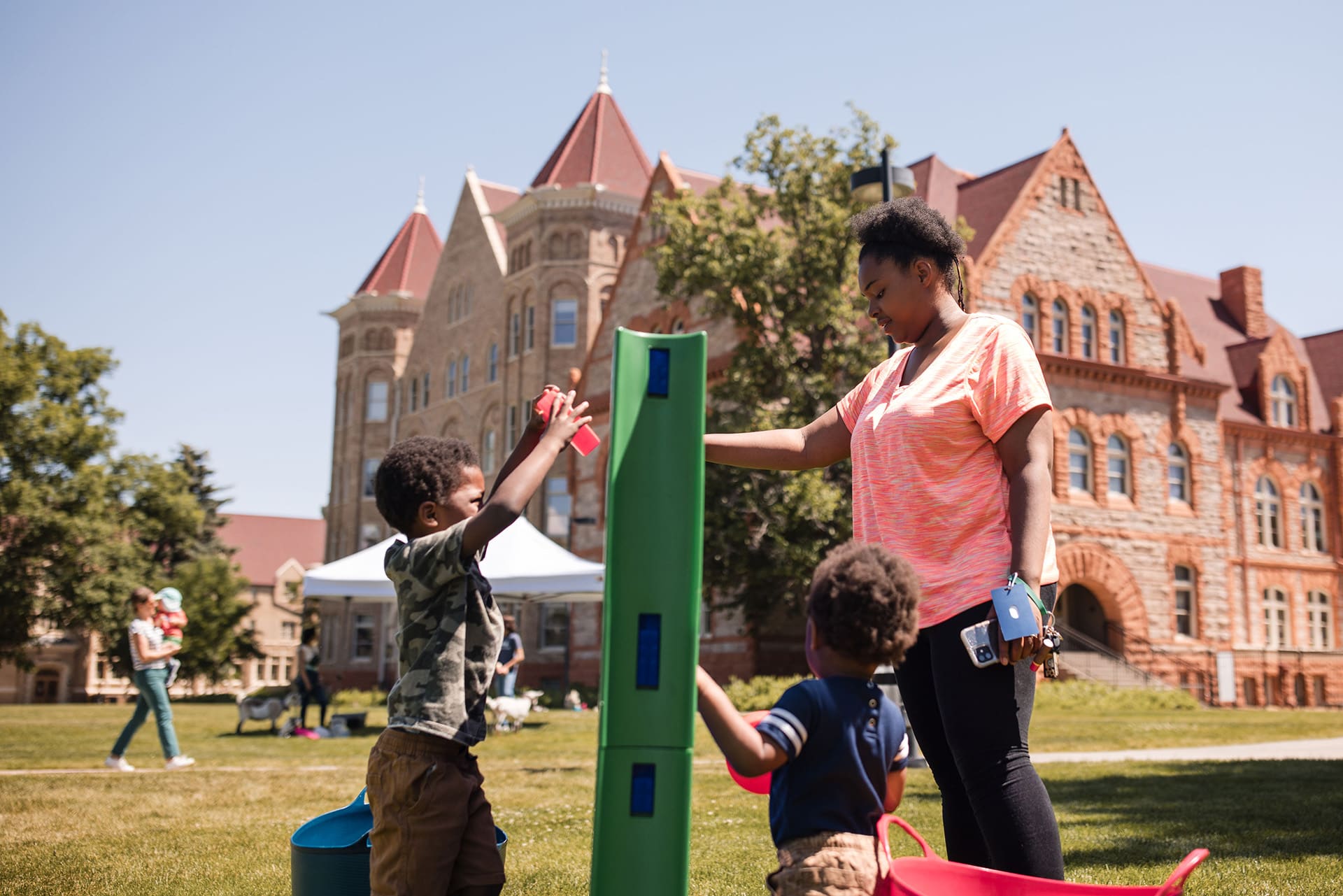
What Could Be
Hardworking Coloradans could be able to afford to live where they work and build wealth over time through homeownership
Should Be
Urban Land Conservancy has helped keep longtime residents and local nonprofits rooted in their communities and Elevation Community Land Trust has helped hundreds of statewide residents gain access to permanently affordable homeownership opportunities
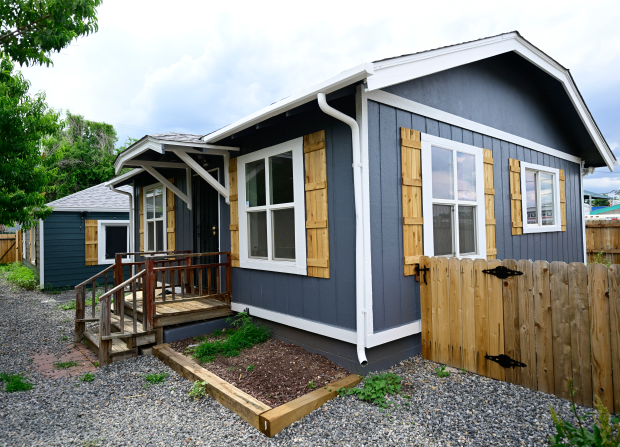
At the turn of the 21st century, Denver was entering a period of unprecedented growth. While the boom generated opportunity, it also produced a severe shortage of affordable housing that pushed working families, educators, first responders and essential service providers out of the very neighborhoods they helped to sustain. Housing costs in metro Denver rose much faster than wages, while the preservation of existing affordable units lagged far behind. By the early 2000s, community leaders recognized that without decisive action, the region risked losing both economic vitality and social equity. Gary has long believed the business and philanthropic sectors both have a role to play in solving these types of problems.
In 2003, Gary incubated and launched Urban Land Conservancy (ULC), a venture designed to acquire, preserve and steward affordable housing and other community assets in perpetuity. ULC has since worked with a variety of partners and methods to deliver long-term benefits that align with expressed community needs. As of 2025, ULC had made possible more than 1,850 affordable homes in neighborhoods threatened by displacement.
As the housing affordability crisis expanded statewide, Gary again mobilized resources to address this evolving issue. In 2017, Gary led a coalition of partners to raise $24 million in private funding to establish Elevation Community Land Trust (ECLT). With a shared-equity model that makes homeownership permanently affordable, ECLT has empowered hundreds of Colorado families to build generational wealth while preserving affordability for future homeowners.
Together, ULC and ECLT illustrate the power of long-term, place-based, equity-driven strategies that utilize market-based and philanthropic tools. As Aaron Miripol, longtime president and CEO of ULC, has noted: “Without these types of free market interventions, we would have lost critical community-serving spaces forever. Instead, we’ve built a model that ensures affordability for generations.”
Meanwhile, Stefka Fanchi, CEO of ECLT, has long emphasized her team’s work “creates opportunities for stability and wealth-building that the market alone cannot provide.”
The continued success of these two organizations — both born from Gary’s leadership — demonstrates how catalytic grantmaking and impact investments can deliver scalable, lasting solutions to address Colorado’s affordable housing crisis.
“Resources are so scarce and so competitive (to build affordable housing), it can take a lot of time to line them up. Organizations like Urban Land Conservancy are invaluable when it comes to addressing our housing crisis. I wish we had four of them.”
Brad WeinigFormer Director of Catalytic Partnerships, City & County of Denver
Colorado Home Price Increases Deeply Outpace Income Gains
Source: WolfStreet.com
In the early 1980s, a Colorado oil-shale bust sent the state into a recession. But it wouldn’t last long. Largely as a result of oil and gas development, the region managed to retain a talent pool of unemployed oil and gas engineers. According to The New York Times, that helped attract aerospace companies like Lockheed Martin and the Ball Corporation. Technology companies also began relocating to Denver during the dot-com boom, and when that ended entrepreneurs pushed into biotechnology and alternative energy.
By the mid- to late-1990s, Colorado was on the rise, becoming the fourth-fastest-growing state in the nation. Metro Denver began to boom along with the state, adding nearly 200,000 new residents between 2000-2025.
But there was a problem: Colorado’s job boom and subsequent population growth began to unveil a critical affordable housing shortage. Though unemployment was falling, workers were increasingly burdened by rent and mortgage expenses, as home foreclosures rose nearly 40% in 2002.
As developers rushed to meet the needs of new residents, the interests of existing residents were often deprioritized. According to the NEWSED Community Development Corporation, the west Denver neighborhood’s population of Hispanic and Latinx residents dropped from 98% to under 50% during the 1990s, while its Black population dropped from 16% to 8%. If it wasn’t readily apparent at the time, Denver’s issues with equitable development took center stage in the 2000s, when it was identified as the second-fastest-gentrifying city in the nation.
By 2015, the problem had spread statewide. Mountain resort towns, once bastions of middle-class opportunity, faced acute shortages as service workers commuted hours each day from distant communities. Colorado’s Front Range cities saw double-digit annual increases in rents and home prices, with wage growth lagging far behind. And according to Colorado Newsline, from 2011-2022, Colorado lost more than 250,000 rental units that were available for $1,000 per month or less, forcing families to make impossible choices between housing affordability and remaining in neighborhoods that they loved.
The magnitude of the crisis demanded structural solutions that could preserve land and housing affordability permanently — breaking the cycle of displacement and ensuring equitable access to stable housing for generations.
An Innovative Land Bank & Community Land Trust
Urban Land Conservancy
Recognizing the need for an institutional response, Gary began by incubating and launching Urban Land Conservancy (ULC) in 2003. The mission was clear: acquire strategic parcels of land in metro Denver and hold them in perpetuity under a community-serving model. Using a unique 99-year renewable land lease on many of its properties, ULC ensured that housing and facilities would remain permanently affordable.
ULC pioneered land banking for affordability, purchasing properties near transit corridors before market pressures rendered them unaffordable. By stewarding land under nonprofit ownership, ULC created a shield against speculative displacement and partnered with affordable, mission-based housing developers, schools and community organizations to activate sites for long-term community benefit.
As the organization grew, it expanded its toolkit to include impact investments, social enterprise models and public-private partnerships. This evolution enabled ULC to leverage philanthropic seed capital from Gary and others into larger pools of public and private financing — multiplying its impact and solidifying its role as a regional anchor for equitable development.
Elevation Community Land Trust
By the mid-2010s, it was clear that the affordability crisis was not limited to metro Denver and that market-based strategies alone were unlikely to solve the housing crisis. To meet this complex, statewide need, Gary spearheaded the creation of Elevation Community Land Trust (ECLT) in 2017. The organization launched with $24 million in private funding raised under Gary’s leadership, enabling immediate acquisition and development of affordable homes across Colorado.
ECLT uses a shared-equity homeownership model. Under this structure, the trust retains ownership of the land while families purchase homes at below-market prices. When owners choose to sell, they earn a fair share of equity gains, while the home remains permanently affordable for the next buyer. This model provides stability and wealth generation opportunities for families while also preventing the erosion of affordable housing stock.
Within just a few years, ECLT scaled rapidly, partnering with municipalities, housing authorities and developers to establish hundreds of permanently affordable homes from Denver to Aurora, Boulder and beyond. Among many accomplishments, its work directly addresses Colorado’s widening racial wealth gap by expanding access to homeownership for households historically excluded from the housing market.
Key Urban Land Conservancy
Investments
Combining Market-Based & Shared Equity Approaches
Urban Land Conservancy’s Impact
As of 2025, ULC had preserved or developed approximately 2,000 permanently affordable homes and stewarded dozens of community assets, including schools, nonprofit facilities and transit-oriented developments.
ULC’s strategic acquisitions have repeatedly proven decisive. The purchase of sites like the former Mile High Vista shopping center in West Colfax and the Jody Apartments near RTD’s Sheridan Station on the new W light rail line resulted in the preservation and/or development of hundreds of affordable units that would otherwise have been lost to market forces. The organization’s revolving land bank facility has recycled philanthropic dollars many times over, enabling new cycles of acquisition and preservation, which includes a variety of community-based assets on the former Johnson and Wales University campus in northeast Denver, now called Mosaic Community Campus.
ULC’s impact extends beyond housing units. By ensuring community-serving land ownership in rapidly gentrifying neighborhoods, ULC has anchored dozens of nonprofits, including cultural institutions, education centers and workforce hubs — building inclusive communities rather than allowing displacement to hollow them out.
Elevation Community Land Trust’s Impact
In just over seven years, ECLT has established itself as one of the largest community land trusts in the United States. By 2025, it had created more than 600 permanently affordable homes across Colorado, with a pipeline to double that number in the coming years.
Homeowners in the ECLT program save an average of 30-40% compared to market-rate purchases, enabling families with modest incomes to build wealth and stability. More than 95% of ECLT homeowners are first-time buyers and more than half identify as people of color — underscoring its role in addressing Colorado’s racial homeownership gap.
ECLT’s partnerships with municipalities, including Denver, Boulder and Aurora, have positioned it as a statewide leader in preserving affordability amid record-breaking home prices. As one ECLT homeowner put it: “This isn’t just a house — it’s the chance to plant roots, to invest in my kids’ future and to finally feel secure.”
Housing And Homeownership
Our work to transform systems and build family wealth often collide when it comes to housing and homeownership. By addressing both, we can create opportunities for families to thrive at various stages of life.
